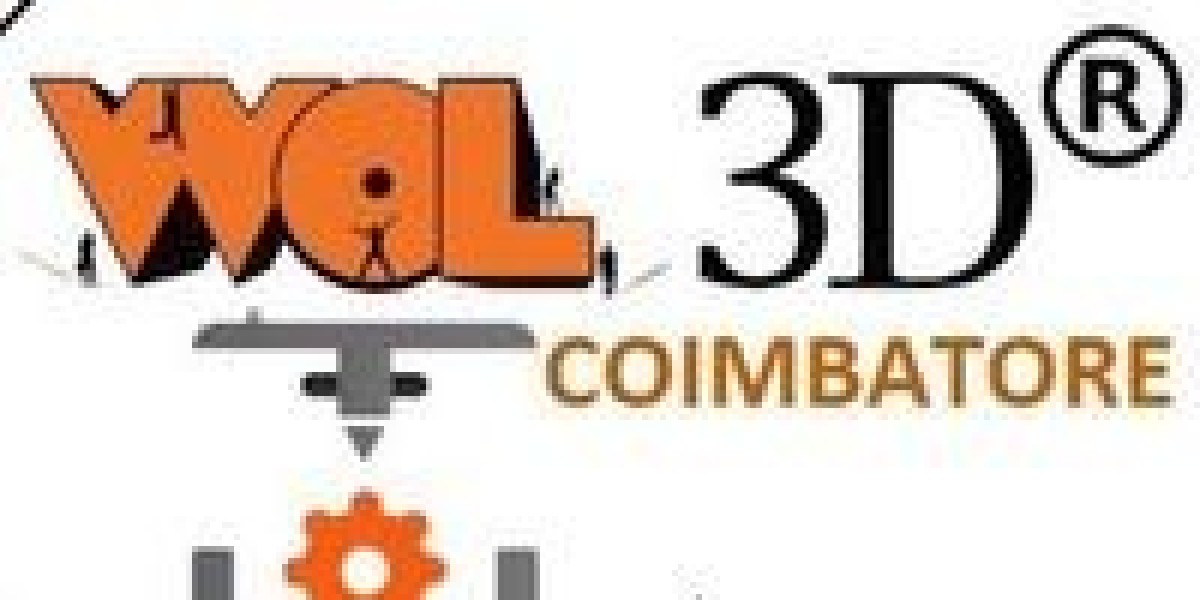The global bottled water market has been on a remarkable growth trajectory, driven by increasing consumer demand for convenient and healthy hydration options. In 2023, the market achieved a valuation of approximately USD 267.89 billion, and it is projected to continue its upward trajectory with a Compound Annual Growth Rate (CAGR) of 6.4% during the forecast period of 2024-2032, ultimately reaching a market value of USD 469.51 billion by 2032. This comprehensive article explores the market outlook, provides an overview of the report, delves into market dynamics, discusses segmentation, recent developments, component insights, end-user insights, regional insights, key players, market trends, industry news, and application insights. Additionally, we will address six frequently asked questions to offer a deep understanding of the bottled water market in the food and beverages industry during 2024-2032.
Market Outlook:
The bottled water market size is poised for robust growth in the coming years, driven by increasing health consciousness among consumers, concerns about water quality, and the convenience factor. As consumers seek convenient and safe hydration options, the bottled water market is expected to flourish during the forecast period.
Report Overview:
This report on the bottled water market for the period 2024-2032 provides a comprehensive analysis of the industry. It includes market size, market dynamics, segmentation, recent developments, component insights, end-user insights, regional insights, key players, market trends, industry news, and application insights.
Market Size:
In 2023, the global bottled water market was valued at approximately USD 267.89 billion. The market is estimated to grow at a CAGR of 6.4% during the forecast period, reaching a value of USD 469.51 billion by 2032.
Market Dynamics:
Several factors contribute to the growth of the bottled water market:
Health Consciousness: Growing awareness about the importance of staying hydrated and maintaining a healthy lifestyle is driving the demand for bottled water.
Water Quality Concerns: Concerns about the quality of tap water in some regions, including contamination issues, lead consumers to choose bottled water as a safer alternative.
Convenience: The convenience of bottled water for on-the-go consumption and its availability in various sizes and packaging options appeal to consumers.
Sustainability: The bottled water industry is increasingly focusing on sustainable packaging and production practices to address environmental concerns.
Segmentation:
The bottled water market can be segmented based on several factors, including type, packaging, distribution channel, and region.
By Type: Bottled water includes categories such as still, sparkling, flavored, and functional water.
By Packaging: Packaging options range from plastic bottles to glass containers, and even eco-friendly packaging materials.
By Distribution Channel: Bottled water is distributed through supermarkets, convenience stores, online retail, and more.
By Region: The market can be segmented into regions like North America, Europe, Asia-Pacific, Latin America, and the Middle East and Africa, each with its unique market dynamics.
Recent Developments:
The bottled water market has seen notable developments:
Sustainable Packaging: Many companies are investing in sustainable packaging solutions, such as recyclable materials and reduced plastic use.
Product Innovations: Brands are introducing new flavors and functional benefits in bottled water to cater to evolving consumer preferences.
Digital Transformation: Companies are leveraging digital technologies for marketing, distribution, and consumer engagement.
Component Insights:
Bottled water primarily consists of two key components:
Water Source: The source of the water can vary, including natural springs, artesian wells, municipal water supplies, and purified tap water.
Packaging Materials: Bottled water is packaged in various materials, including plastic, glass, and eco-friendly options, each with its advantages and environmental impact.
End-user Insights:
End-users of bottled water encompass a wide range of consumers:
General Consumers: Individuals seeking convenient and safe hydration options for daily consumption.
Fitness Enthusiasts: Athletes and fitness-conscious individuals opt for bottled water as a source of hydration during workouts.
Travelers and Tourists: Tourists and travelers often choose bottled water when visiting regions with water quality concerns.
Office and Corporate Settings: Offices and corporate spaces provide bottled water for employees and visitors.
Regional Insights:
North America: North America dominates the bottled water market due to its health-conscious population and concerns about tap water quality.
Europe: Europe has a strong bottled water market, with an emphasis on premium and natural mineral water products.
Asia-Pacific: The Asia-Pacific region is experiencing rapid growth, driven by urbanization and changing lifestyles.
Latin America: Latin American countries also have a growing market, with flavored and functional water gaining popularity.
Middle East and Africa: In regions with hot climates, bottled water is a necessity, driving market growth.
Key Players:
Prominent companies in the bottled water market include:
- Nestlé SA
- The Coca-Cola Company
- Danone S.A.
- PepsiCo Inc.
- FIJI Water Company LLC.
- BlueTriton Brands, Inc.
- SUNTORY HOLDINGS LIMITED
These companies play a significant role in shaping the market through innovation, sustainability efforts, and expanding their product portfolios.
Market Trends:
Several trends are influencing the bottled water market:
Sustainability Initiatives: Companies are increasingly focusing on reducing plastic use and adopting eco-friendly packaging.
Flavored and Functional Water: Flavored and functional water varieties, often infused with vitamins and minerals, are gaining popularity.
Health and Wellness Focus: Bottled water brands are positioning their products as healthy hydration options, catering to health-conscious consumers.
E-commerce and Online Sales: The rise of e-commerce platforms has expanded the distribution channels for bottled water.
Industry News:
Stay informed about the latest industry news, including advancements in sustainable packaging, new product launches, and regulatory developments. Staying up-to-date is vital for businesses and professionals in the bottled water industry.
Application Insights:
Bottled water is used in various applications:
Hydration: The primary use of bottled water is for hydration in daily life, whether at home, work, or during outdoor activities.
Fitness and Sports: Bottled water is a go-to choice for athletes and fitness enthusiasts to stay hydrated during workouts.
Travel and Tourism: Tourists and travelers rely on bottled water in regions with water quality concerns.
Corporate Settings: Offices and corporate spaces provide bottled water for employees, clients, and visitors.
Emergency Preparedness: Bottled water is a crucial resource during emergencies and natural disasters.
Special Occasions: Bottled water is often served at special events, parties, and gatherings.
FAQs:
Is bottled water safer than tap water?
- Bottled water is often perceived as a safer option due to its source and packaging, but tap water in many regions is also safe to drink.
What are the different types of bottled water available?
- Bottled water includes still water, sparkling water, flavored water, and functional water with added vitamins and minerals.
Are there eco-friendly packaging options available for bottled water?
- Yes, many companies are adopting eco-friendly packaging, such as using recycled materials and reducing plastic use.
Why is bottled water considered a healthier choice?
- Bottled water is often marketed as a healthier choice due to its purity, absence of additives, and convenience for staying hydrated.
Are there concerns about the environmental impact of bottled water?
- Yes, the environmental impact of plastic bottles has raised concerns, leading to efforts to reduce plastic use and promote recycling.
What are some emerging trends in the bottled water market?
- Emerging trends include the use of sustainable packaging, the introduction of flavored and functional water, and an increased focus on health and wellness.








